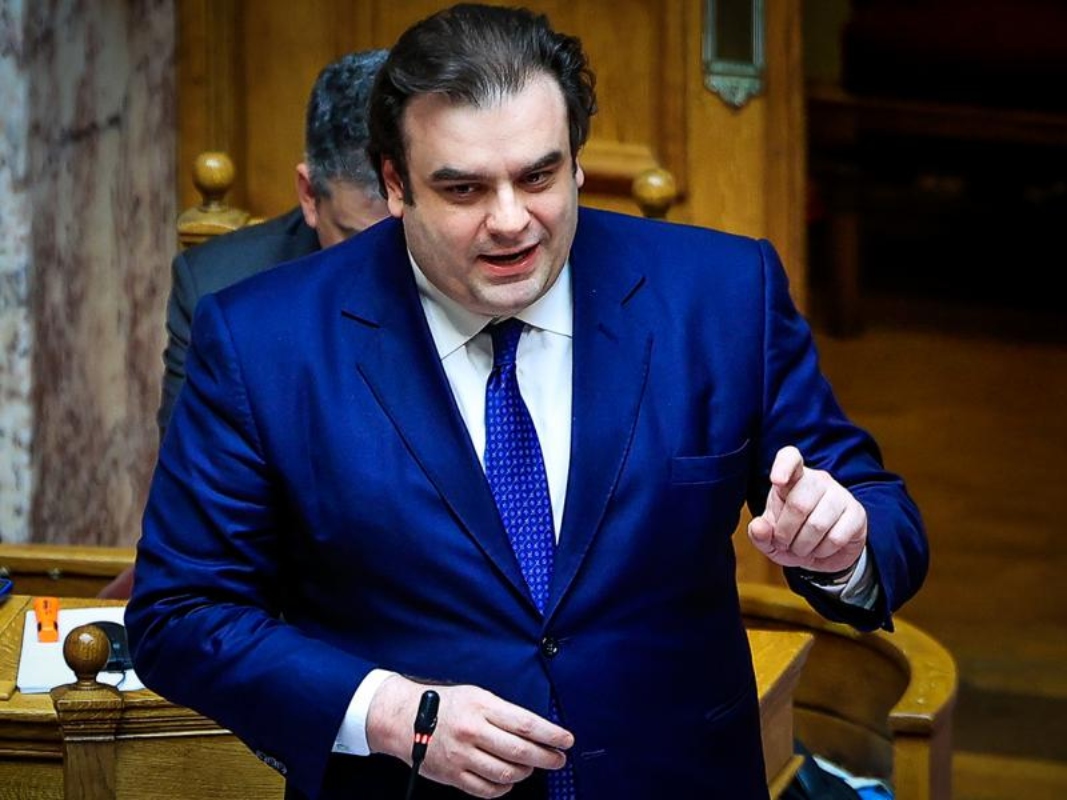The resignation of Irish Finance Minister Paschal Donohoe from the Eurogroup presidency has triggered one of the most closely watched succession processes in the eurozone. Donohoe, who led Eurogroup meetings for over five years, is stepping down to take the helm of the World Bank, leaving a key leadership gap that will shape the eurozone’s economic governance.
According to the Financial Times, Greek Finance Minister Kyriakos Pierrakakis is now among the frontrunners for the position. Speaking recently to Bloomberg, Pierrakakis noted that a senior EU post for a Greek would “symbolize the success of the Greek economy in recent years,” highlighting Greece’s ongoing recovery and financial stability.
Eurozone Geopolitics at Play
Selecting the new Eurogroup president is not just about individual ambition—it reflects strategic balances between northern and southern EU member states. Northern countries are traditionally fiscal hawks, while southern states often pursue a more flexible economic approach. The Eurogroup presidency, though largely symbolic, influences discussions on budgets, fiscal policy, and debt management across the eurozone.
The upcoming enlargement of the eurozone, with Bulgaria joining in 2026, further complicates the geography of influence. Eastern European states will then comprise one-third of the bloc, strengthening their claims for top positions. Meanwhile, major economies like France, Germany, Italy, and Spain currently hold seats on the ECB’s Executive Board, leaving smaller states to compete mainly for positions like the Eurogroup presidency.
Key Candidates and Alliances
Donohoe’s departure has intensified speculation about potential successors:
- Finland supports Olli Rehn, governor of the Finnish central bank and former EU commissioner, for the ECB vice presidency.
- Croatia backs Boris Vučić, while Latvia has also nominated its candidate.
- Spain monitors strategically, as a renewed candidacy from Carlos Cuervo could affect Pablo Hernández de Cos’s chances of eventually leading the ECB in 2027.
- Belgium reportedly considers Deputy Prime Minister Vincent Van Peteghem, according to an anonymous source.
Greece, with Pierrakakis in the running, positions itself as a candidate representing southern and smaller economies, combining public administration experience with EU institutional knowledge.
Significance for Greece
A Greek at the Eurogroup helm would deliver multiple benefits:
- Showcase Greece’s successful fiscal management over recent years
- Strengthen Greece’s influence in European funding and development programs
- Provide a high-profile point of reference for the Greek economy at the EU level, especially ahead of upcoming ECB leadership changes
Challenges and Strategic Moves
The election of the Eurogroup president requires careful balancing of interests and alliances. Greece must negotiate support from both northern and southern member states to secure backing for Pierrakakis. Meanwhile, eurozone expansion and increased Eastern European representation add new competitive dynamics.
While largely ceremonial, the Eurogroup presidency wields significant influence over eurozone economic governance, making the race for the position one of the most crucial political and economic contests in Europe today.
Source: pagenews.gr
